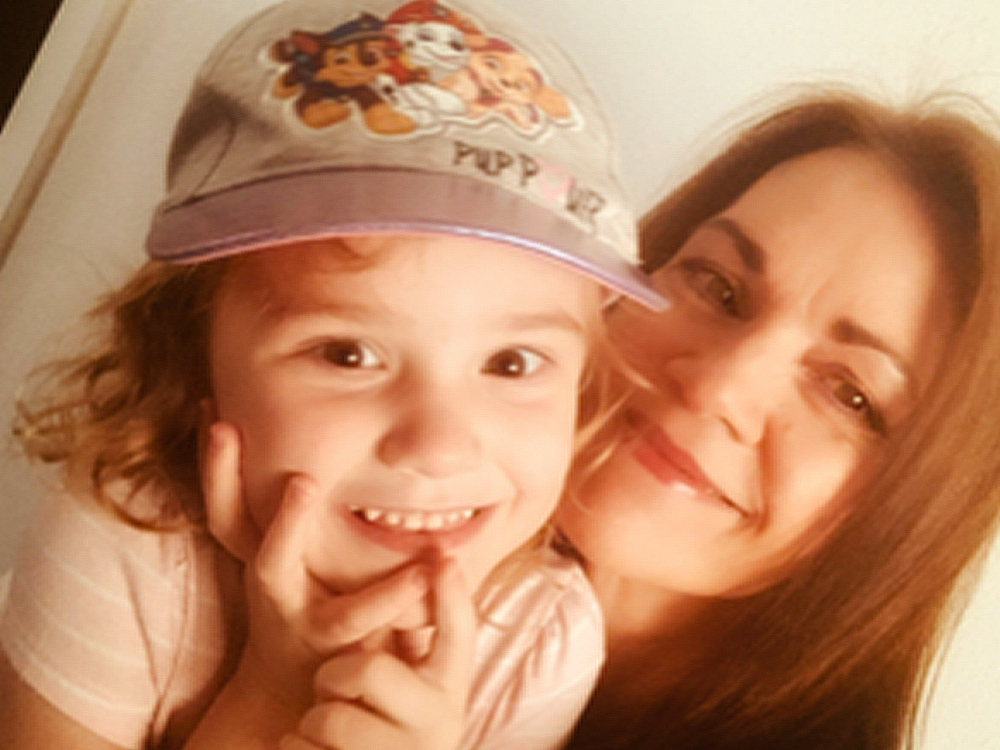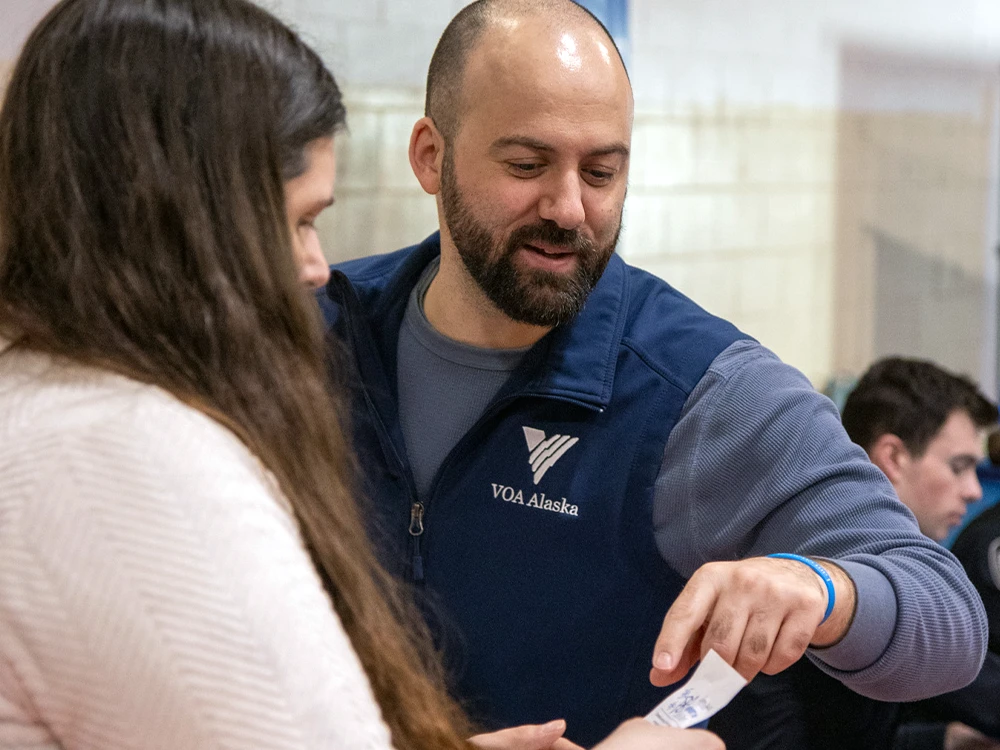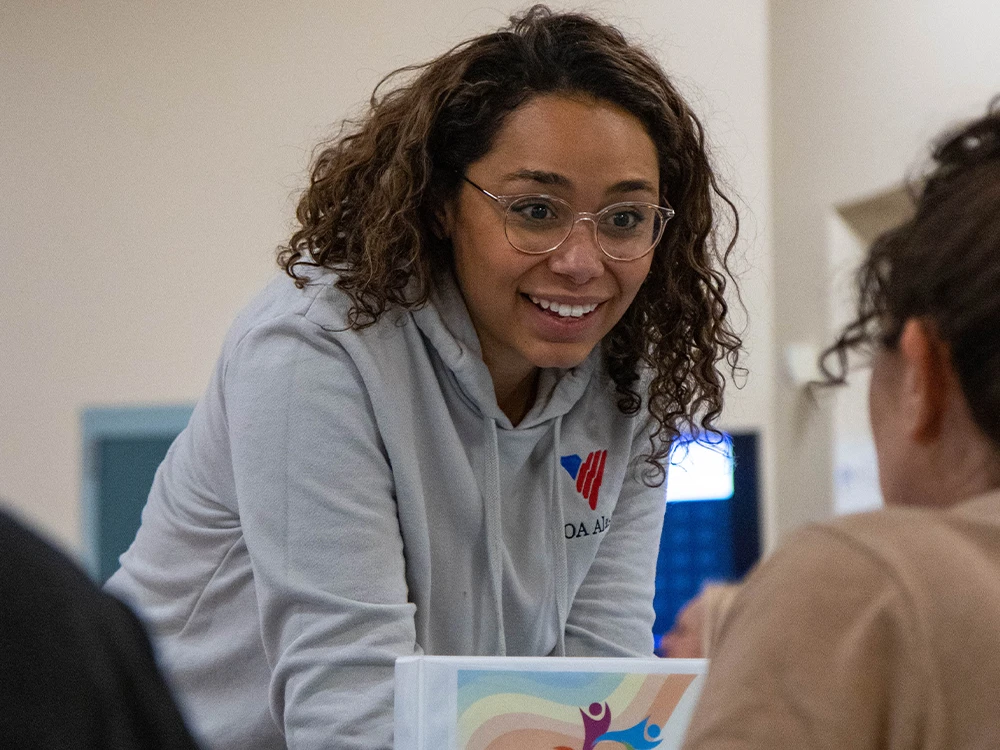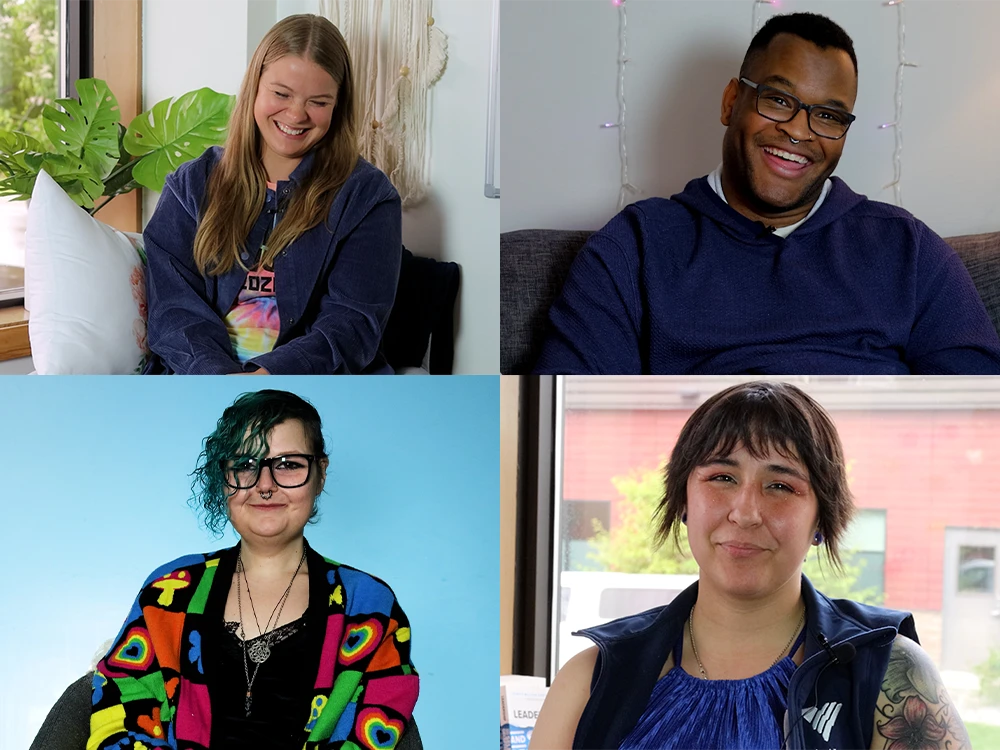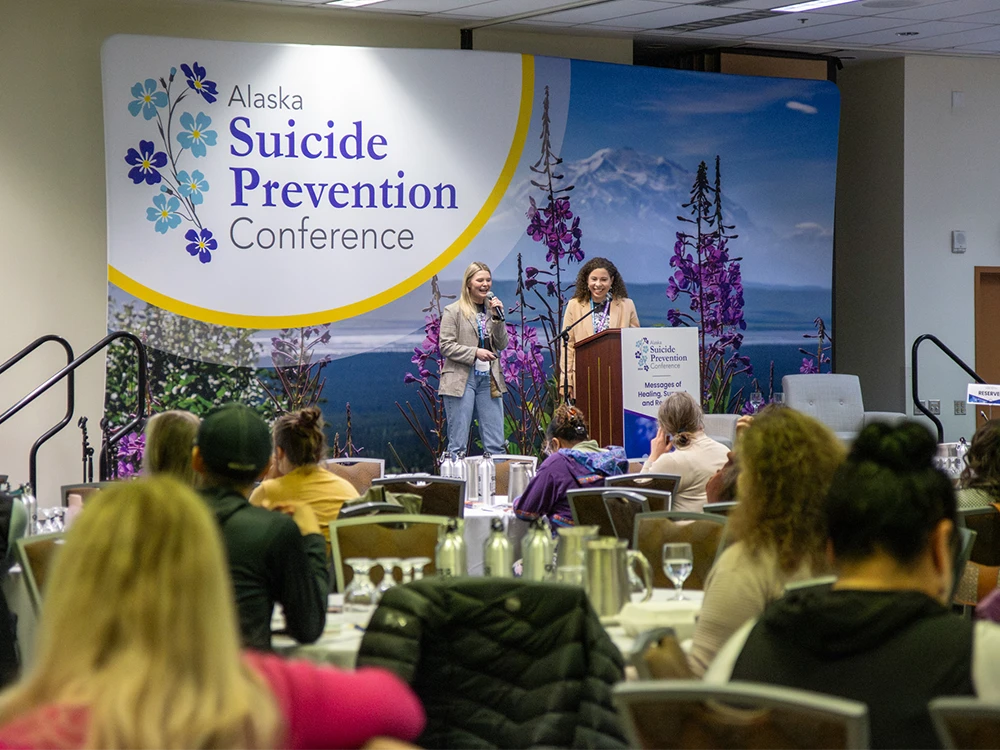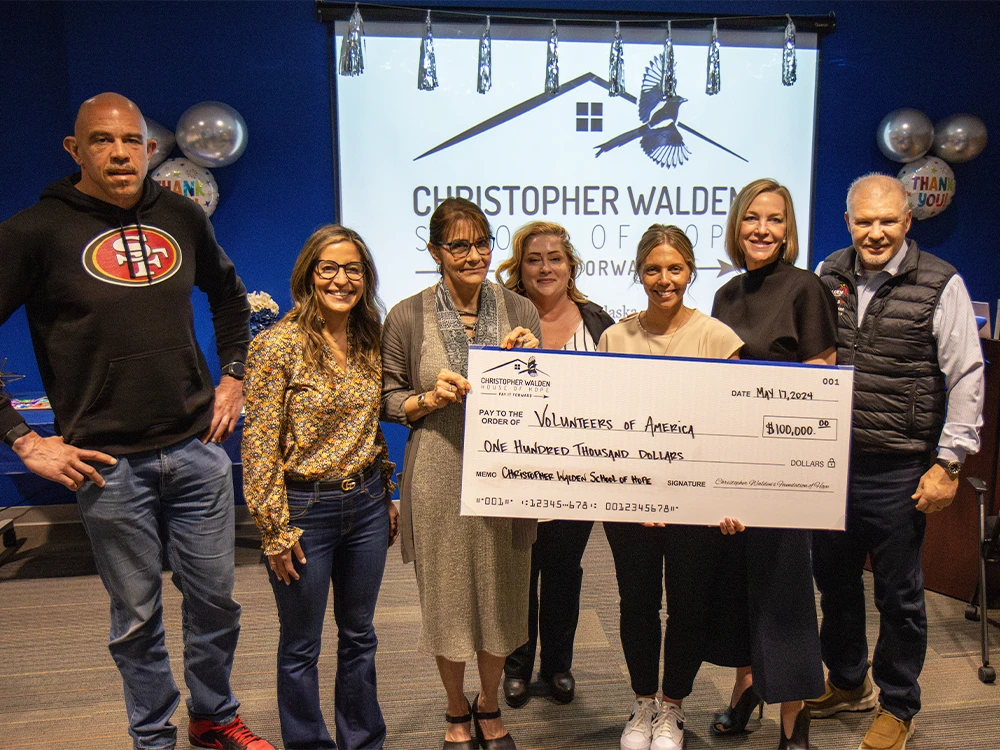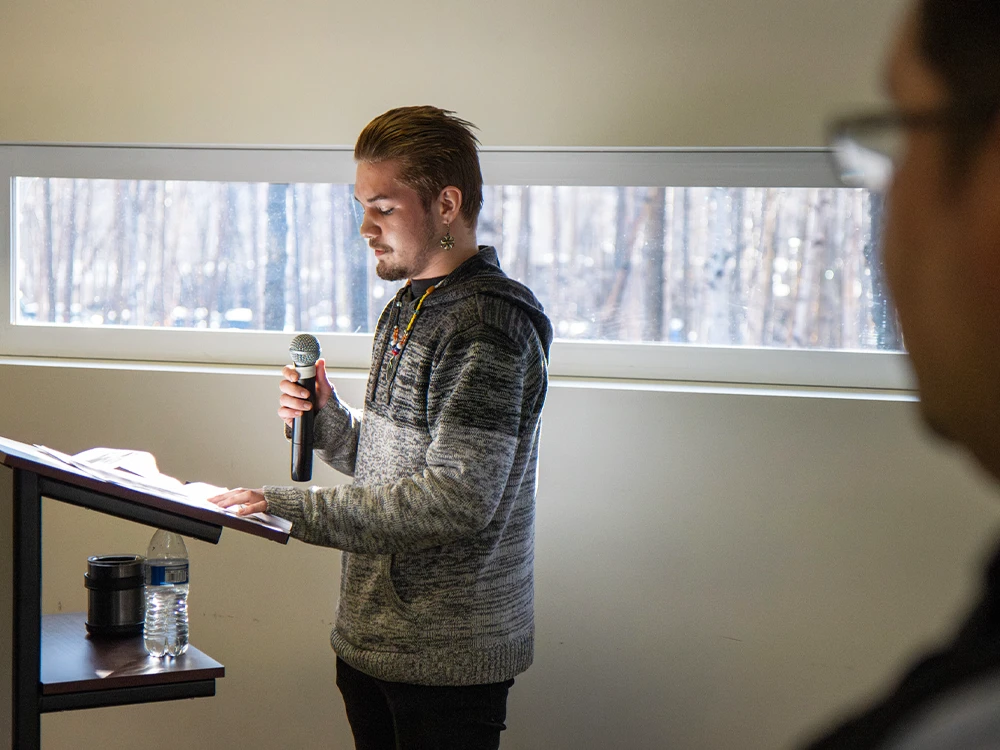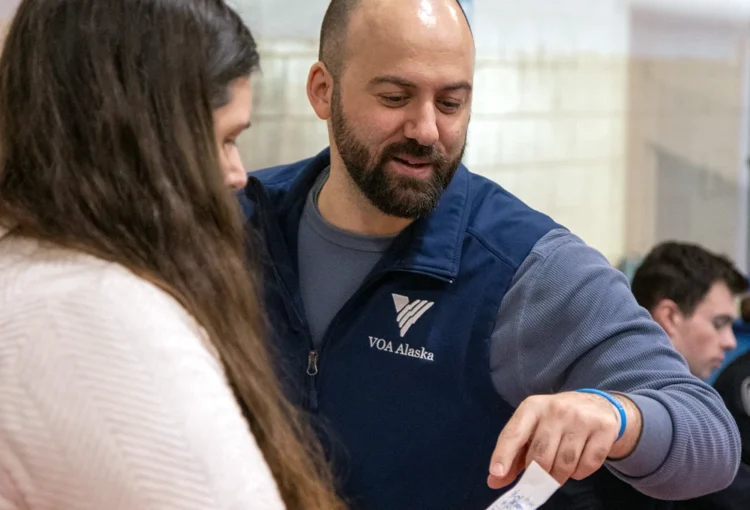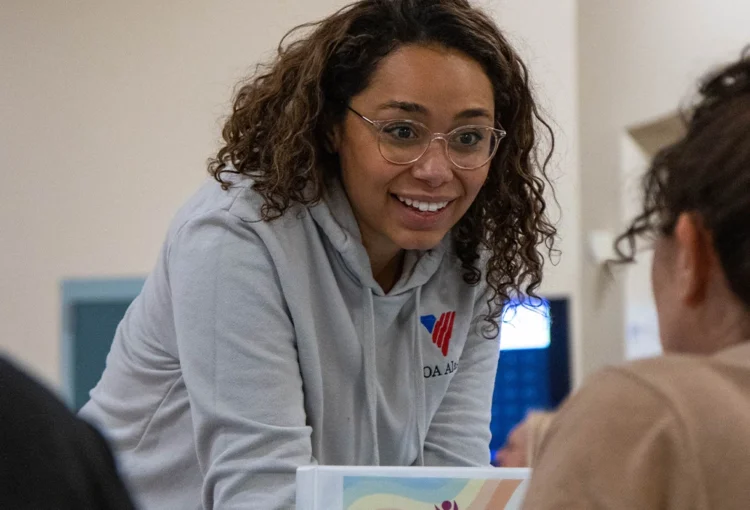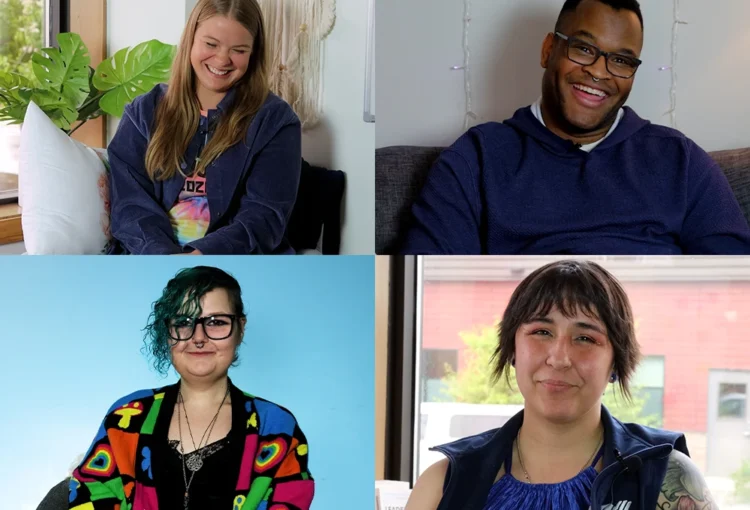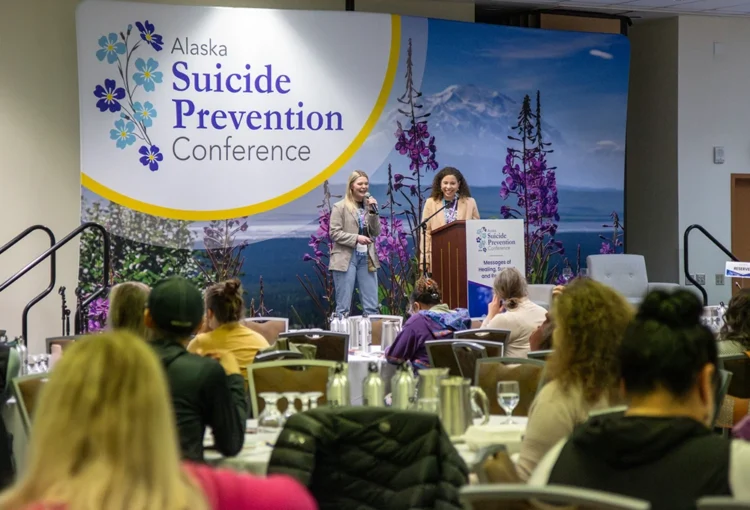Cindy was on her way to Colorado to meet her newborn granddaughter, when she received an unexpected call. Another granddaughter had just been born with opiate exposure, and she needed emergency foster care.
“I had no idea that she was even being born,” Cindy says. But as Grandma, she knew she had to step in to become her foster parent. “There was just no option for me. How could I walk away from that?”
Because of the opiate exposure, Layla required special care and lot of appointments. Cindy also had to complete the foster parenting process with the Office of Children’s Services, even if she was Layla’s grandma.
“When that’s just sprung on you like that, it’s very draining.”
In addition to Layla, Cindy had her own life and existing priorities and needs to manage. She had recently divorced someone struggling with alcohol misuse. A relationship she was in at the time she brought Layla home dissolved with the pressures of caring for an infant. And she still had a teenager daughter, who had gotten used to being the only child at home.
“All of a sudden, they’re not the center of your world if you’ve got this newborn baby that you’ve brought home,” Cindy says of her daughter’s experience. She says it’s like “she had to lose her spot.” But, Cindy adds, “she was strong, very mature.” She understood the sacrifice her mother was making to give Layla the same care and love she was given.
Another dynamic Cindy balances is the fact she is Layla’s grandmother and “basically both parents.”
“It’s difficult at times,” Cindy explains, “because I have other grandchildren that I don’t get to see on a regular basis.” From Layla’s point of view, “when she hears my other grandkids call me Grandma, she gets a little bit confused. When you’ve had them from birth, they see you as Mom. You’re not a grandparent.”
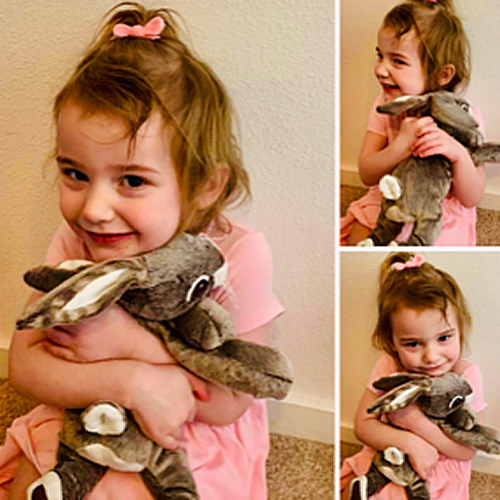
Finding Resources and Connection through the Kinship Family Program
In the beginning, finding the help she needed was challenging. “We aren’t always getting the resources and the support that we need, like daycare, and all of that is on us,” especially for caregivers “going into our retirement years or older years.” Cindy says there’s “there’s a whole ‘you’re to old to do that,’ shame-based” stigma attached to taking on the role of full-time parent at her age.
When Cindy learned about VOA Alaska’s Kinship Family Program, then called Grandfamilies, she says it was a lifesaver. One thing she really appreciated was the chance to connect with caregivers like herself.
“Not everybody does this and some of your friends might just think, ‘Oh my God, that’s insane. How could you have the patience to do that?’ So, connecting with people who do it on a regular basis is really nice.”
She also appreciates having someone there to lend a hand. Once she had car issues and Kinship staff helped her get a new battery. Another time they found her a washer and dryer “because mine just decided to give out in the dead of winter with a baby, so it was impossible to get to a laundromat.” During the pandemic, she was able to take advantage of the program’s REACH pantry for cleaning supplies.
“It’s been a challenge, but it’s a good blessing that she’s stayed with me, and she hasn’t had to bounce around from foster home to foster home, so I just completely respect and appreciate the Kinship Family Program. They’ve helped in a lot of ways.”
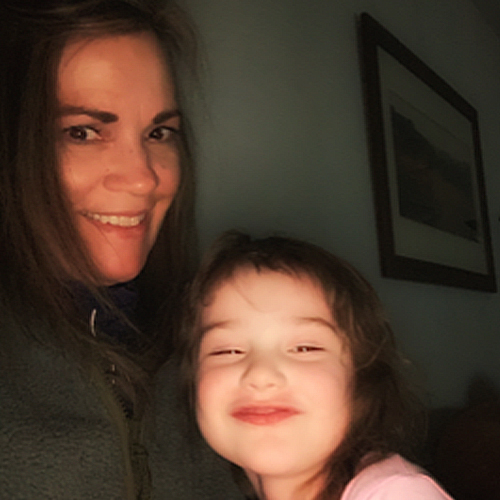

The Importance of Self-Care
Cindy has learned that taking care of herself is vital to providing care to a young child. When Layla is in her appointments, speech therapy, or gymnastics class, Cindy will read or go for a quick walk.
“It’s super important to just grab that moment, to just grab whatever you can, whether it’s a book, or cooking a good dinner, or just something that kind of gives you an escape away from the daily routine.”
And Layla, who turns five-years-old this fall, is learning all about the value of her own self-care through Cindy’s passion for yoga.
“She knows what a yoga breath is. She knows when I say, ‘Hey, you’re getting stressed, pull out the mat, take a deep breath.’ She knows that it calms her.”
Cindy also encourages every grandparent in her shoes to seek out mental health counseling. “I get therapy every week. If anything, you grow from it, and you learn from it. And my therapist has just been wonderful. She knows Layla, she knows what I do, she supports that, and it’s just been a great resource.”
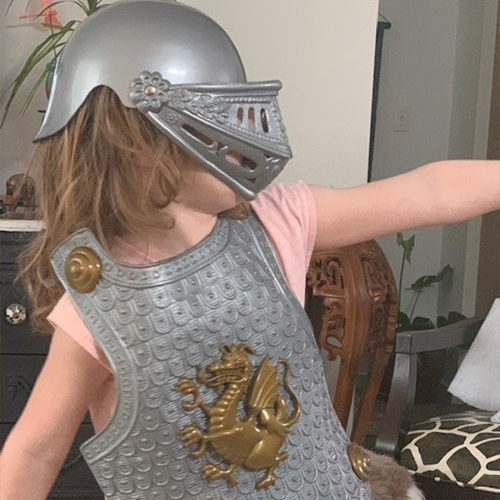

What’s a Kinship Caregiver? A hero.
Cindy’s story reveals the heroic level of strength and self-sacrifice that is often required to be a Kinship Caregiver. In one moment, she was on her way to meet her granddaughter for the first time. In the next, she was caring for an infant granddaughter she didn’t even know was being born. Despite any struggles she was facing in her own life, despite the adversity she found as she navigated the legal formalities, personal hardships, and new family dynamics, Cindy focused on one thing: providing Layla the care she needed.
Cindy says the role of a Kinship Caregiver is to provide a solid foundation. It’s giving them the same experience they might have had in a traditional parent setting.
“We are their caretaker, their love, and their guidance.”
And we’ll add one more thing to that list—their hero.
VOA Alaska’s Kinship Family Program is a one-of-a-kind, statewide program providing resources and support at no cost for Alaskans caring for their family members’ children.

